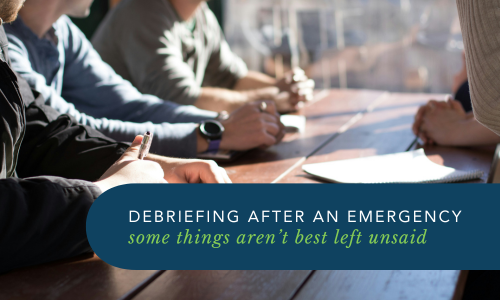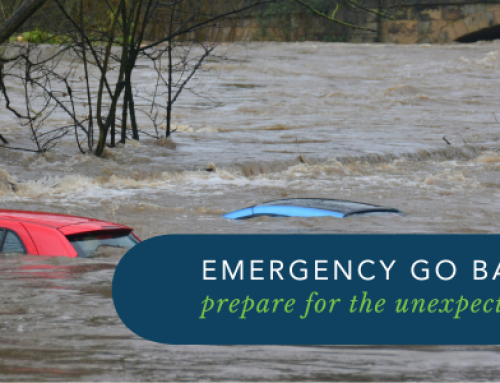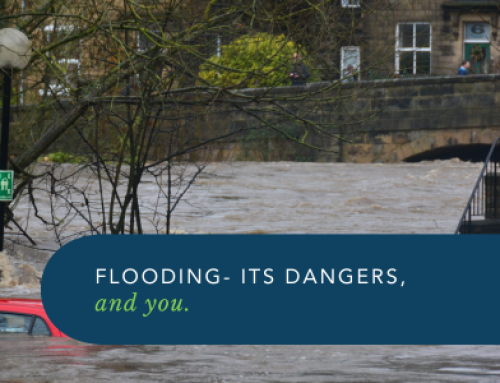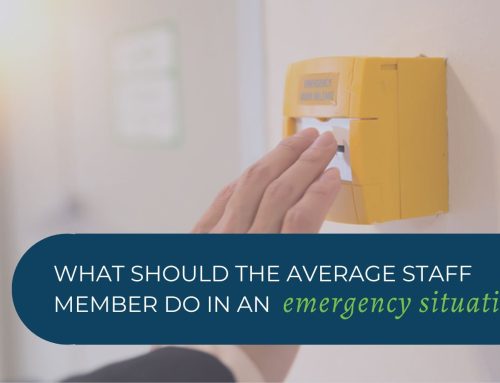Why Is It Important to Debrief After an Emergency?
Workplaces are comprised of individuals with diverse life experiences, skills, and coping abilities.
So when something unexpected happens, such as an accident or fire, a workplace emergency can impact a person’s thinking, behavior and emotions during and then after the event. This can continue to disrupt a person’s ability to function during work and at home.
A key thing to remember is that an emergency event will be a different experience for everyone. What may seem like a small incident to you, can be quite distressing for someone else.
Not providing a debrief or support could leave the workplace:
- Understaffed: higher rates of absenteeism
- Loss of productivity
- Reduced team cohesion
- Increase in error rates
- Cost of rehiring and training
Debrief Types
A debrief will take 2 forms – a practical, critical assessment of how the emergency happened & what can we learn from it & improve our response, for example:
- what worked well that we will continue to do
- what worked ok but needs some work- more training or different equipment
- what didn’t work & needs a complete rethink or overhaul
The other is an emotional assessment – checking in with ourselves & colleagues and acknowledging how the incident has made us feel.
When Is It Time to Seek Further Support?
As said before, the scale of the incident doesn’t directly correspond with a person’s response. It is normal that after the incident, our minds will return to it.
On the day of the emergency, it’s quite normal to go to bed thinking about the event, possibly dreaming, and be the first thing that pops into your head when you wake.
But, if after a period of time, you are still replaying & revisiting the events of the emergency over & over, it is time to seek further emotional support.
Look out for your mates & colleagues. It can be much easier to observe behavioural changes in others than yourself. Things you may notice could include:
- Increased sick leave
- Arriving at work appearing weary & disheveled
- Saying or doing things that are out of character for them
- Decreased productivity
How Can Employers Help Post Emergency:
- Reminding all employees to access their EAP, or contact the EAP and arrange for a counsellor to attend the workplace for a group session.
- Recognising that it could be some time until employees feel safe in the workplace once again.
- Discussing with staff the approach for returning to work. (After the initial debrief), should we consider hosting a small gathering (for example morning tea/lunch), to re-group. Or would it be easier for the team to move forward by just making it a ‘normal’ workday?
After an incident, it is important to debrief and continue to provide support when needed.
Every workplace needs to ensure that each employee feels safe, supported, and valued.
Below is a list of services that can be accessed after a workplace emergency.
- Employee Assistance Program (EAP)
- The Australian Employers Network on Disability
- Lifeline Counselling
- Beyond Blue
- Heads Up
- Australian Drug Foundation
- Local Mental Health Crisis Teams
- Sane Australia
- Suicide Call Back Service
- National Emergency Services
Does your workplace need updated Emergency Training or Emergency Plans put in place?
Get in touch today to speak with one of our Trainer & Consultants!
GET IN TOUCH
Are you ready for peace of mind that your workforce is as safe and prepared as possible?
With a dedicated team of staff ready to help you meet compliance requirements and improve the overall safety of your workplace, all you need to do is get in touch.
Request your free audit today!



